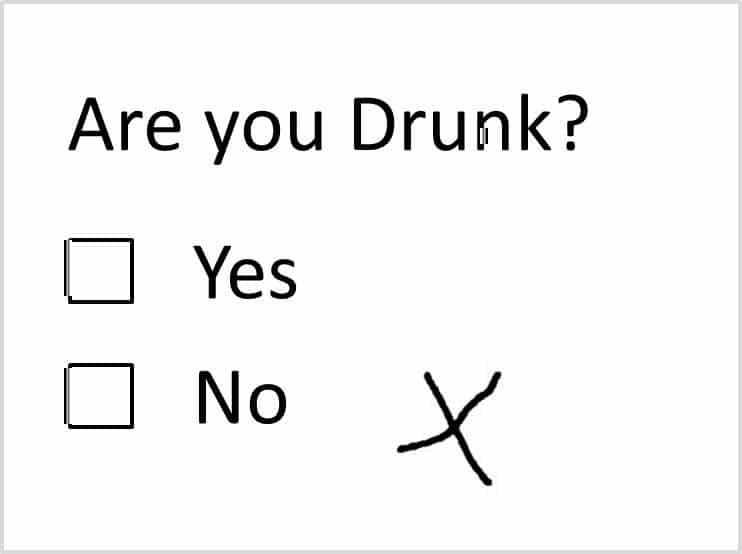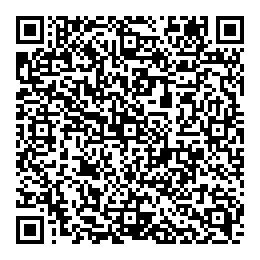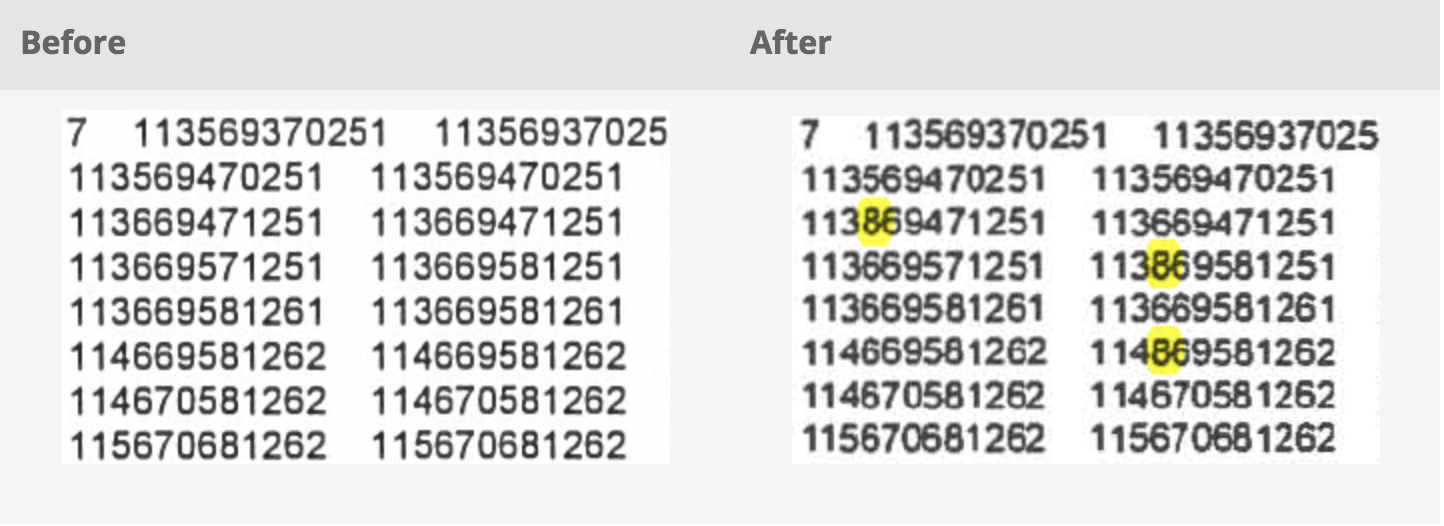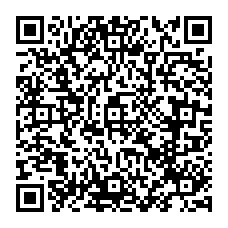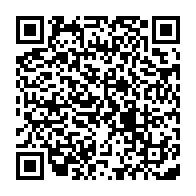Data: You keep using that word
By Avishai Ish-Shalom
Data: You keep using that word
structured data, dynamic data, big data, data driven..... we hear about data all the time. But what is "data" exactly? The term is frequently used, yet is rarely defined or thought of - and it turns out the answer to "what is data" is not simple at all. "Data" is a software concept which describes real world properties and information - and there must exist some process of creating "data" from those properties. This "data modeling" process is one of the most fundamental and complex exercises in software engineering but it's often overlooked and taken for granted. In addition, once you have data it must be actively maintained. Corrupted is relatively easy to detect, but how do you know if you are _missing_ data? This talk aims to review what "data" is, how it is created, defined and maintained show real world examples of the complexities, problems and solutions of these often ignored processes.


